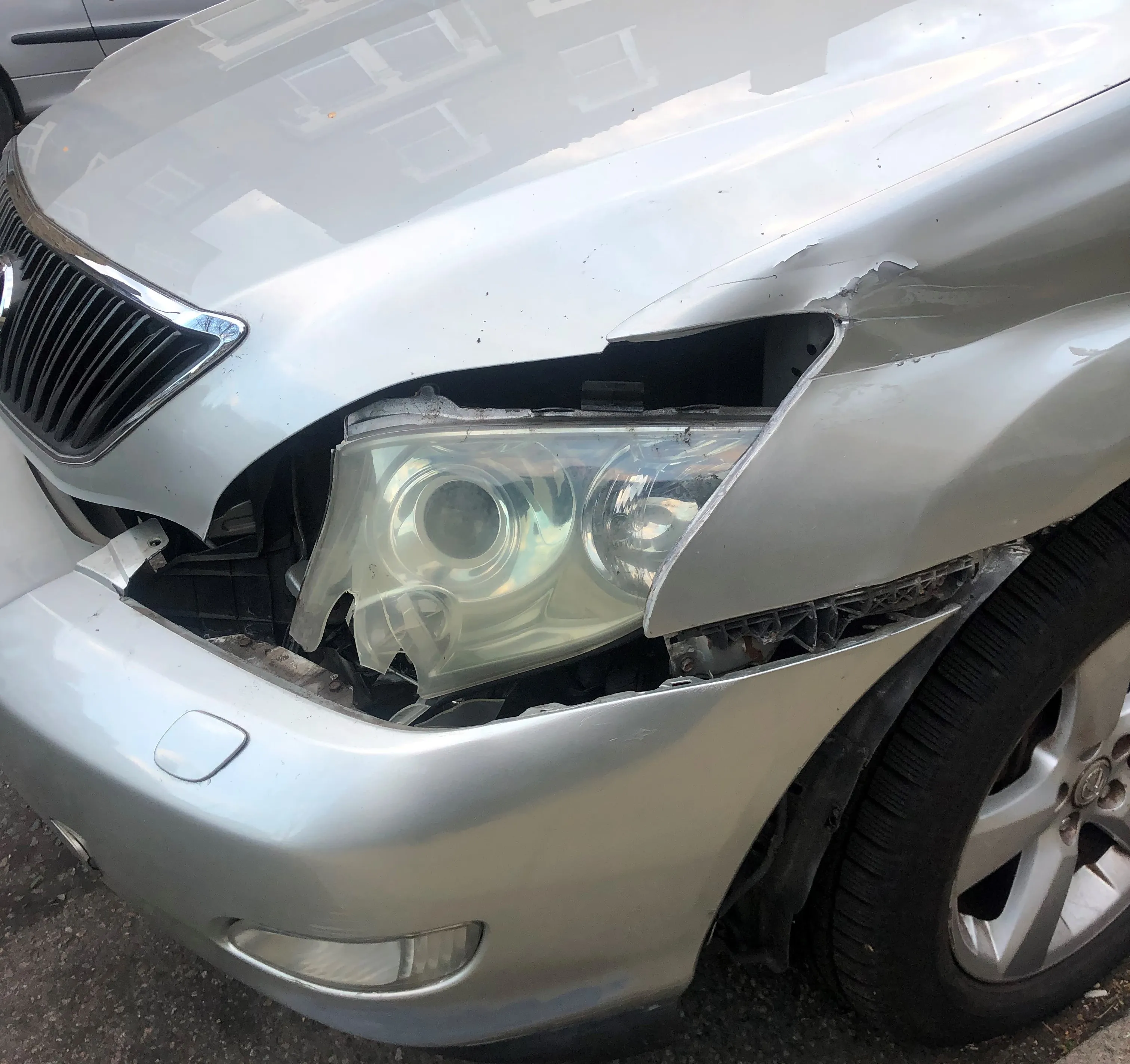Private sector companies in the UK are preparing to aid local authorities deal with the effects of government spending cuts on roads.
Mike Notman, outgoing chairman of the UK's top trade body for road maintenance, Highways Term Maintenance Association (HTMA), has warned that repairs and improvements to the nation's roads is an easy target for the coalition government, and claimed that private sector companies could reduce costs by
as much as 15%.
May 14, 2012
Read time: 1 min
Private sector companies in the UK are preparing to aid local authorities deal with the effects of government spending cuts on roads.
Mike Notman, outgoing chairman of the UK's top trade body for road maintenance,2479 Highways Term Maintenance Association (HTMA), has warned that repairs and improvements to the nation's roads is an easy target for the coalition government, and claimed that private sector companies could reduce costs by as much as 15%.
“Private sector companies undertake these services across the UK and therefore have much greater knowledge and experience of delivery,” he said.
Incoming chairman Philip Hoare has vowed to “develop stronger, productive and results-orientated outcomes across the sector” despite the pressures of government spending cuts.
He committed the organisation to further improving the quality of highways management and maintenance in a bid to reinforce the message that reliable and safe roads are paramount to the social and economic needs of the nation.
Mike Notman, outgoing chairman of the UK's top trade body for road maintenance,
“Private sector companies undertake these services across the UK and therefore have much greater knowledge and experience of delivery,” he said.
Incoming chairman Philip Hoare has vowed to “develop stronger, productive and results-orientated outcomes across the sector” despite the pressures of government spending cuts.
He committed the organisation to further improving the quality of highways management and maintenance in a bid to reinforce the message that reliable and safe roads are paramount to the social and economic needs of the nation.






